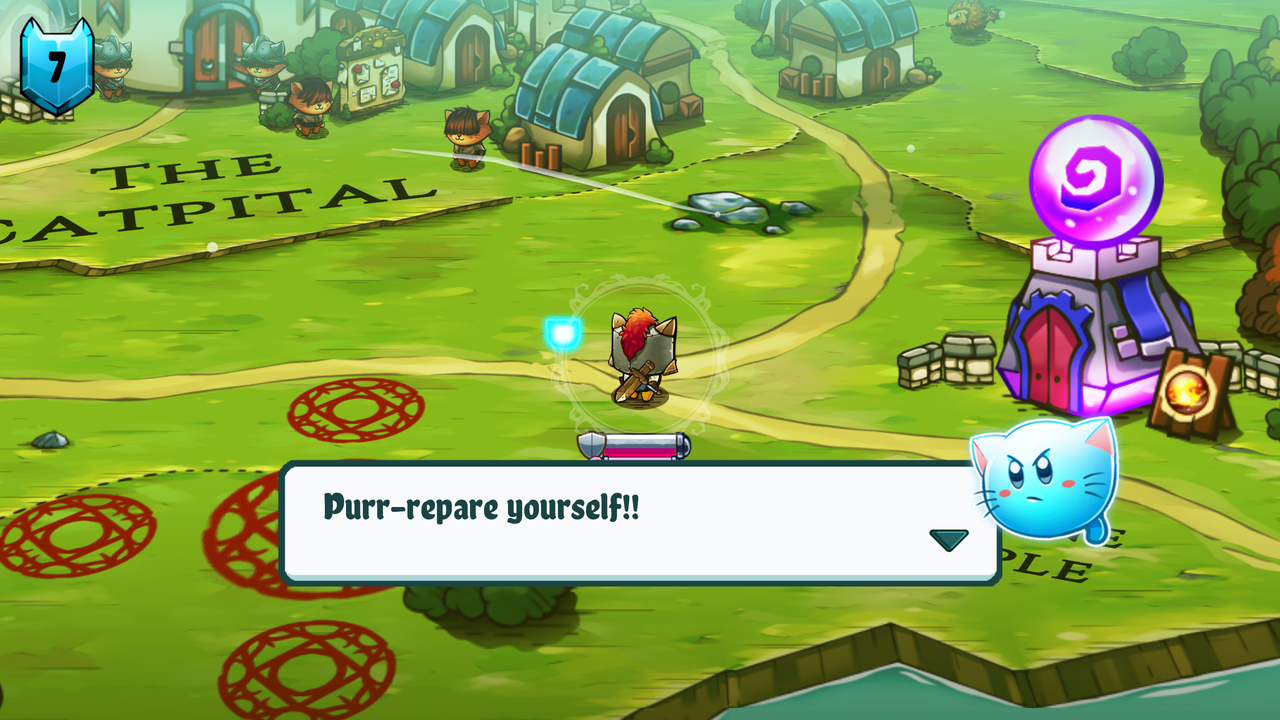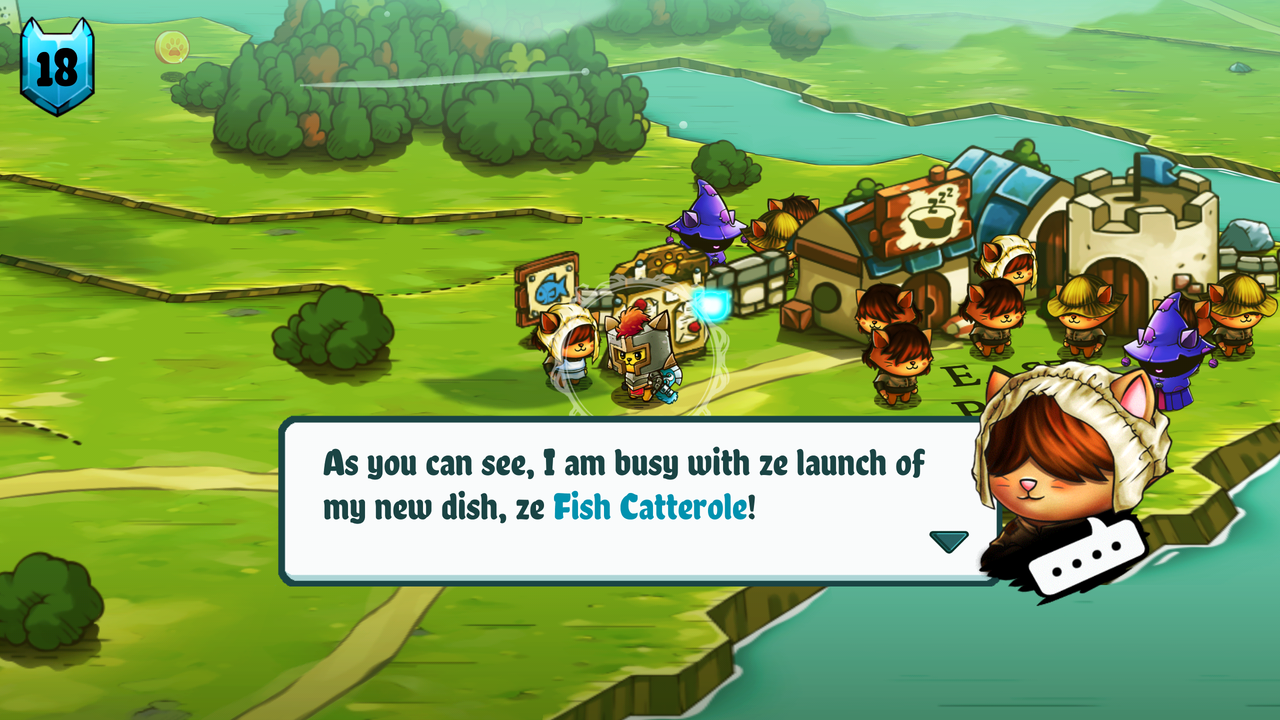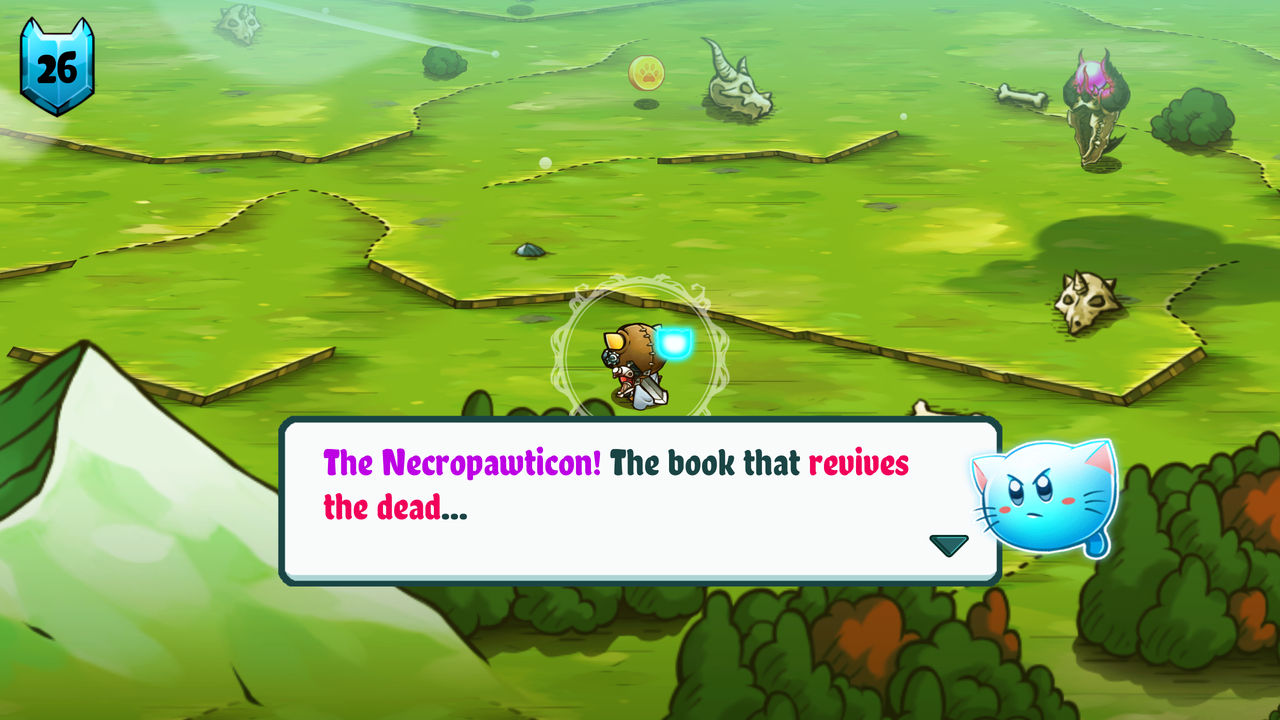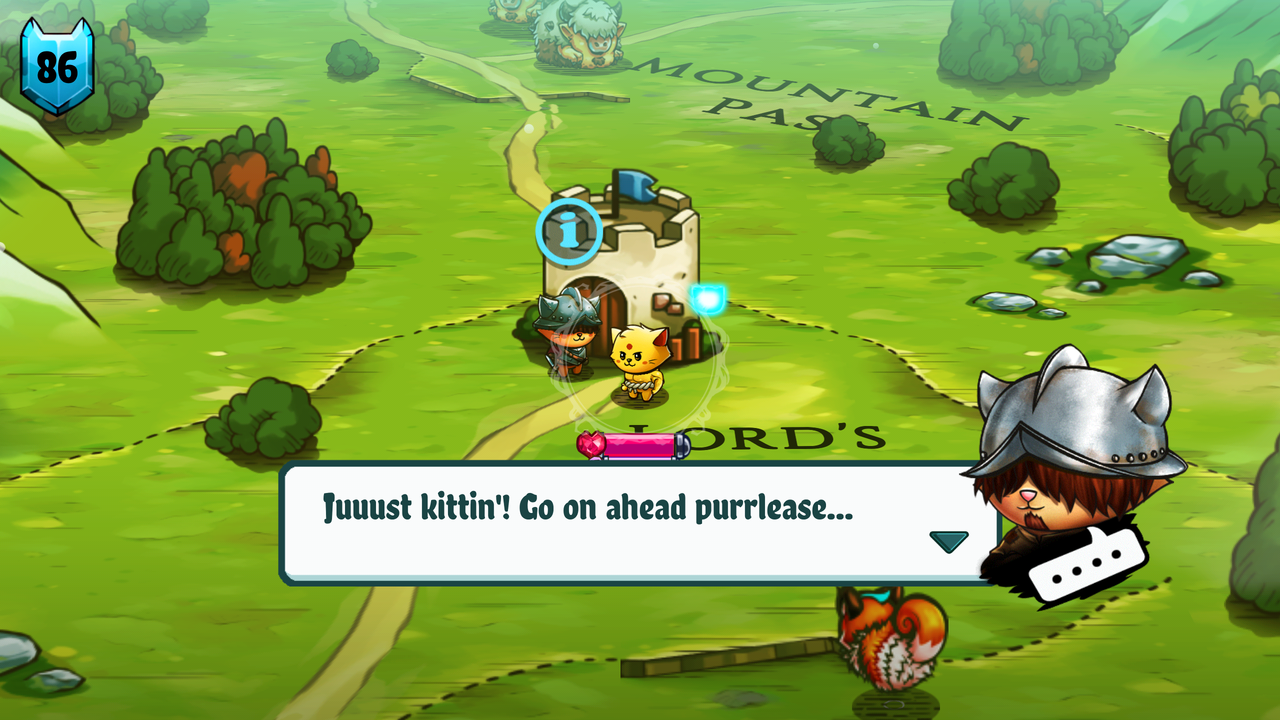I heard on the internet, somewhere, that the Danganronpa series was kind of like a pop-anime version of Phoenix Wright. At least based on my experience with the demo for Danganronpa V3: Killing Harmony, this ... seems like an artful comparison.
While these franchises share the theme of solving a mystery through adventure-game choices, everything else about Danganronpa is pretty unique. And not to Danganronpa's benefit.
Some of my issues with it fall under the banner of "anime bullshit," which I guess is somewhat subjective, but...
None of the characters' names have been localized out of Japanese, and there are so many characters that I can't keep their names straight at all.
They're all angsty high school students, which, despite their flamboyant personalities, makes it difficult to distinguish who's who at a glance.
The writing is verbose in weird places - like reiterating the state of the crime scene multiple times - while glossing over questions like ... how did I get here? And why is one of the students a robot?
And while the subject matter is supposed to be serious, off-the-wall characters like a talking toy bear, and the aforementioned robot, really get in the way of that.
But regardless of the game's themes, I've got serious doubts about its gameplay systems. As in most adventure games, you have to gather clues and talk to people by clicking on them, but Danganronpa's game world is navigable in 3D from a first-person perspective -- meaning that you have to worry about the camera, for some reason.
In the trial segments, you call out a potential contradiction not by yelling "Objection!" but by shooting at floating words with a gun.
Actually, I would say the worst aspect of these segments is that they're in real-time. Not only does this prevent you from examining evidence and drawing conclusions at your own pace, but ...
The "truth bullets" (your objections) have travel time. So if you aim the right thing at the right line of text, but the text is about to disappear, you can still miss! And you'll have to wait for the entire sequence of dialog to start over before you can try again.
Oh yeah, and then there are truth-finding minigames. These aren't like Ace Attorney's gimmicks; psyche-locks, Apollo's bracelet, Athena's emotion robot -- all of these are just tools for dissecting dialog.
Danganronpa has matching puzzles.
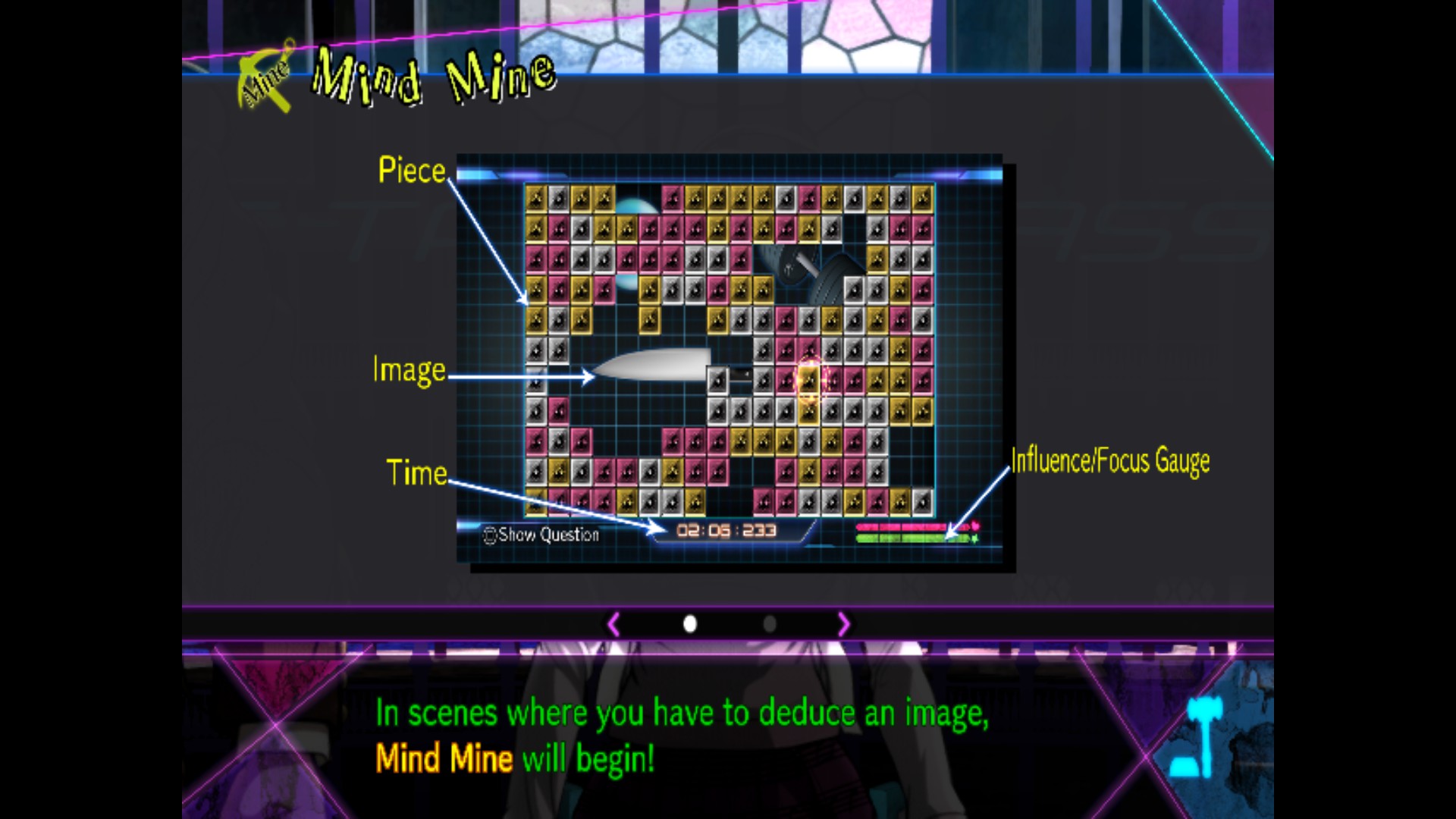
And ... OutRun?
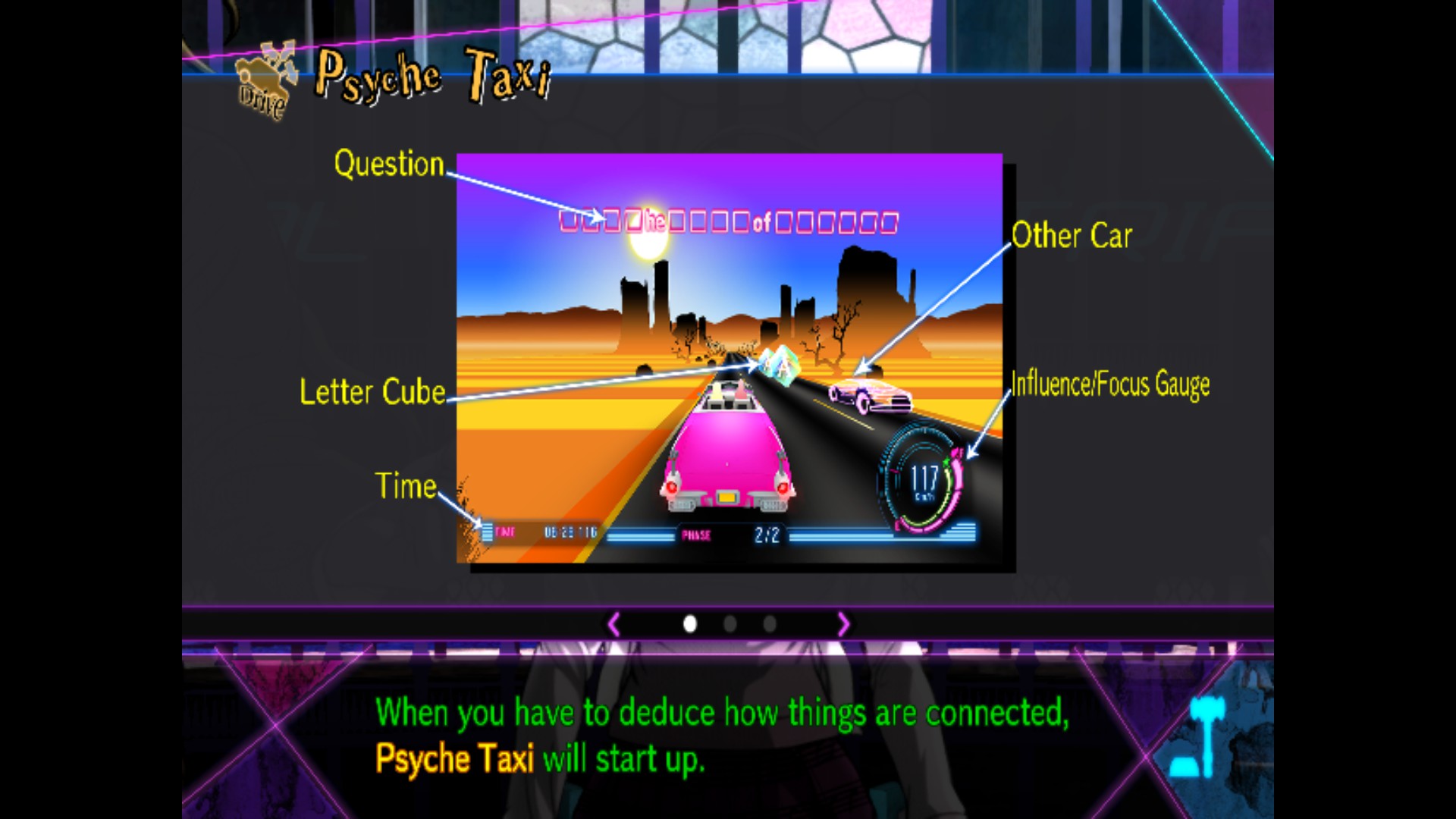
These are just, plain, stupid.
And then there are the technical issues. The screen is scaled to the Vita's aspect ratio. You can't save your progress except inbetween chapters. The controls are just ... bonkers.
Here's how to control the debate segments:
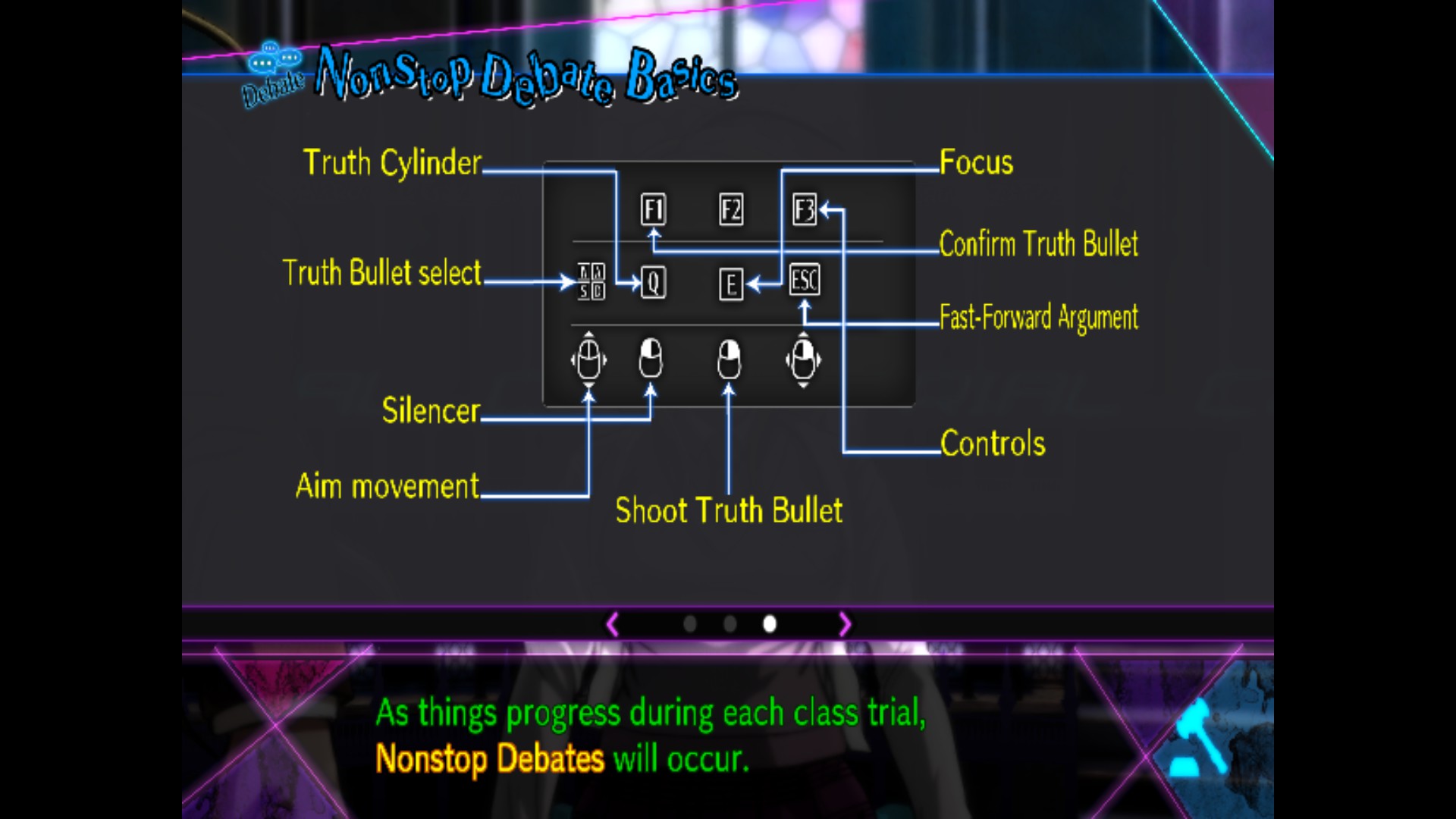
What?
Summarily: I was on the fence about Danganronpa's writing style and characters, but the gameplay mechanics in this demo have turned me off completely.
And, on the off-chance that this demo isn't really representative of the full games ... I'll just have to take my chances by skipping them, anyway.
